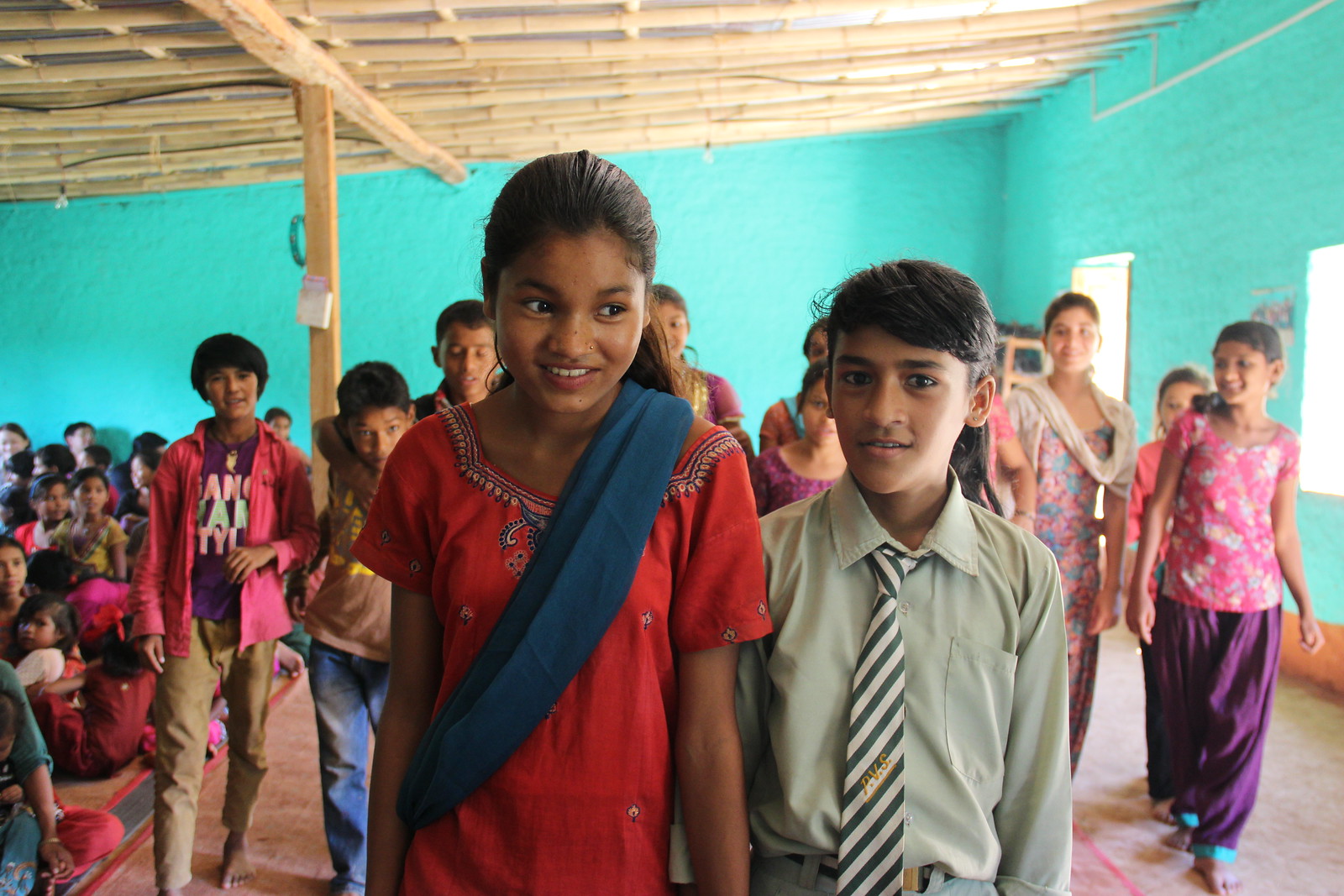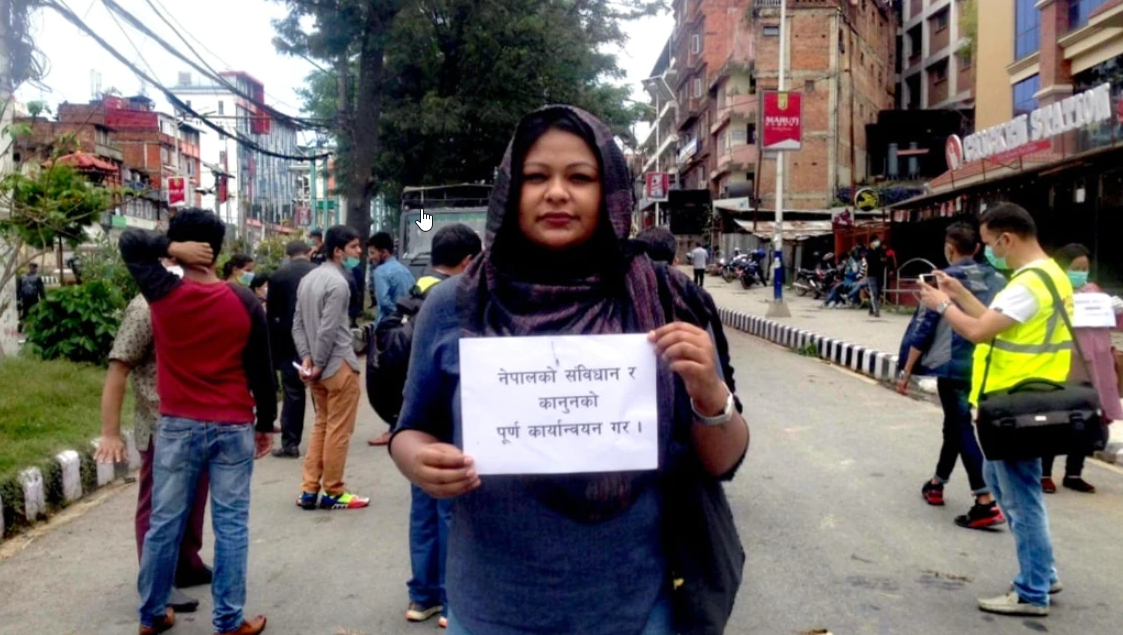Although Nepal ratified the International Convention on the Elimination of All Forms of Racial Discrimination (ICERD) on 30 January 1971, almost five decades later people from the so-called ‘lower caste’ still face appalling discrimination across the country.
It is significant that Nepal ratified the convention by agreeing that it should prohibit and bring to an end racial discrimination by any persons, groups, or organizations, by any appropriate means including legislation as required by circumstances. Unfortunately, the people of the Dalit communities in Nepal (so-called lower caste, also known as “the untouchables”) continue to be deprived of these fundamental rights and are the victims of social and cultural malaise.
Since 2006, Nepal was declared free from caste-based discrimination. However, it still remains widespread across the country despite the fact that Article 24 of the Constitution of Nepal rejects caste-based discrimination stating that no person shall be treated with any kind of untouchability or discrimination in any private or public place on grounds of caste, ethnicity, origin, community, occupation, or physical condition. The article states that ‘Any act of untouchability and discrimination shall be punishable by law, and the victims shall have the right to obtain compensation.’

Several laws and bylaws came into existence in line with the spirit of the convention and the constitutional guarantees but recent incidents of caste-based discrimination, atrocities against the Dalit communities across the country, and a culture of impunity are proof that the commitments have failed to translate into reality. The UN Committee tasked with monitoring the ICERD observed that, despite the abolition of “untouchability” in Nepal, Dalits continue to face discrimination that includes issues regarding inter-caste marriages.

Considering these incidents to be outrageous, the UN High Commissioner for Human Rights, Michelle Bachele, has stressed that ending caste-based discrimination is fundamental to the overall sustainable development vision of leaving no one behind. In this context, it is significant to mention that Sustainable Development Goal number 16 urges UN member states to promote peaceful and inclusive societies for sustainable development, provide access to justice for all and build effective, accountable and inclusive institutions at all levels.

Section 7(1)(b) of the Caste-Based Discrimination and Untouchability Act (2011) of Nepal provides for penalties, including imprisonment, to be applied to anyone who commits an offence of “preventing or causing to prevent anyone from producing selling or distributing any goods, services or facilities on the grounds of caste, race, denoting the hierarchical supremacy of a person belonging to particular caste or race or committing an act that justifies social discrimination on the grounds of caste or race or transmitting views based on caste-supremacy.”
Disappointingly, this Act has not been effectively implemented with perpetrators of the many caste-based discrimination cases failing to be punished as per the law. A total of 17 Dalit people have lost their lives due to the increased number of caste-based discrimination and untouchability related incidents since this Act came into existence. Most of these incidents include killings relating to inter-caste marriages and following incidents of rape. In many cases, the police administration has been reluctant to file a complaint even after the Dalit people were beaten and displaced from society as a result of caste discrimination.

Min Bahadur Bishwakarma, Member of the Federal Parliament of Nepal, admits that the perpetrators of caste-based discrimination are able to escape as they are protected by the politicians in power. There is no effective implementation of the UN treaties and Nepal’s own constitutional and legal provisions against caste-based discrimination, due to which justice for victims suffering such discrimination has not been provided, he lamented.
Mohna Ansari, Member of the National Human Rights Commission (NHRC), finds the unwillingness of government authorities to respond to UN requests distressing. Although Nepal is obliged to report the progress of its commitments, the report was submitted last year, and only after NHRC’s intervention, she added. Ansari sees the lack of institutional reforms as one of the major reasons for the continuation of caste-based discrimination in Nepal. Although, ‘Enhancing Access to Justice through Institutional Reform Project (A2J)’ is currently being funded by the Royal Norwegian Embassy and implemented by stakeholders including the Ministry of Law, Justice and Parliamentary Affairs (MoLJPA) in twelve districts across three provinces of Nepal, very little has been done to enhance access to justice at the local level to address incidents of caste-based discrimination.
Furthermore, the ICERD provisions of assuring effective protection and remedies have been neglected leaving the Dalit communities behind in the national dialogue of development. The National Dalit Commission of Nepal, formed to protect, preserve, and promote the human rights and interests of the Dalit community by reducing caste-based discrimination, has been without a leader since 2015. This goes against Nepal’s commitments to institutionalize competent national tribunals and other state institutions against any acts of racial discrimination including just and adequate reparation or satisfaction for any damage suffered as a result of such discrimination.
It is high time that Nepal adopted immediate and effective measures to ensure access to justice for all and to build effective, accountable, and inclusive institutions at all levels –as envisioned within the Sustainable Development Goals.
During the last decade, Nepal received more than 5 billion US dollars in Official Development Assistance.



